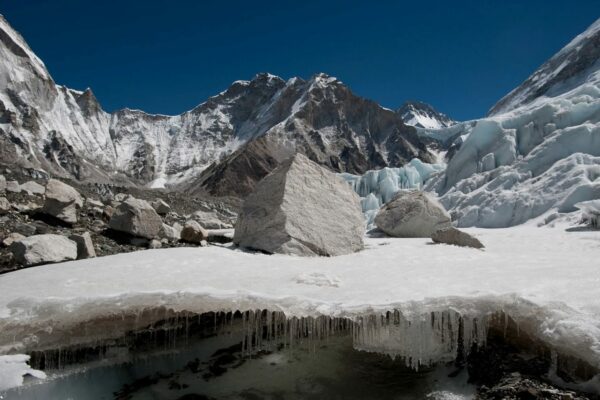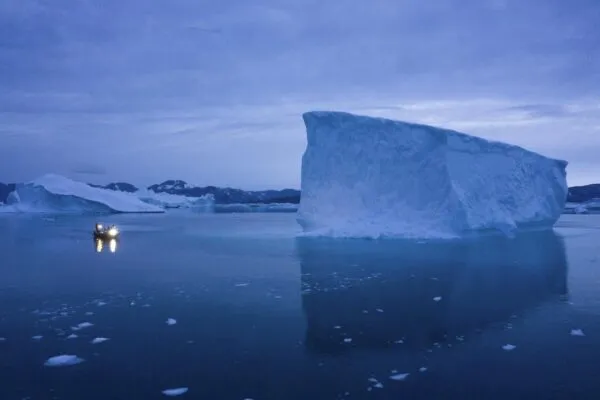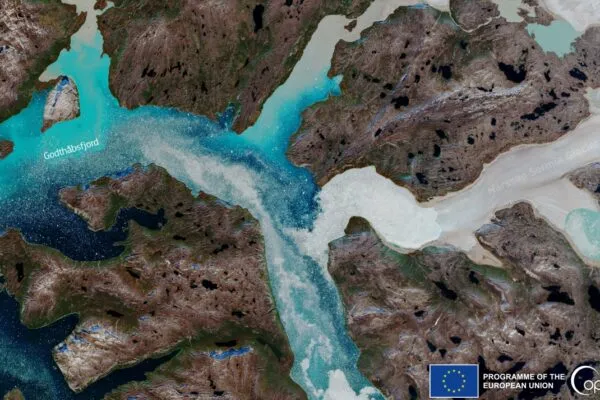Alarming Levels of Mercury Detected in Rivers Linked to Greenland’s Glaciers
High concentrations of mercury, a natural toxic material, has been detected in the water bodies connected to Greenland Ice Sheet. The island is one of the most isolated places on Earth – yet the runoff water from these glaciers contain a high amount of mercuries which is the same as some of the heavily polluted rivers of the world.
The high volume of mercury might have found its way to coastal foodwebs through bioaccumulation, considering that Greenland is a major seafood exporter.
The quantity of metal observed in three glacial rivers and three fjords in Greenland were the worst levels recorded in history. Researchers say that the pollution level is equal to the polluted waterways of Industrial China, which contributes to the world’s one-third of mercury pollution.
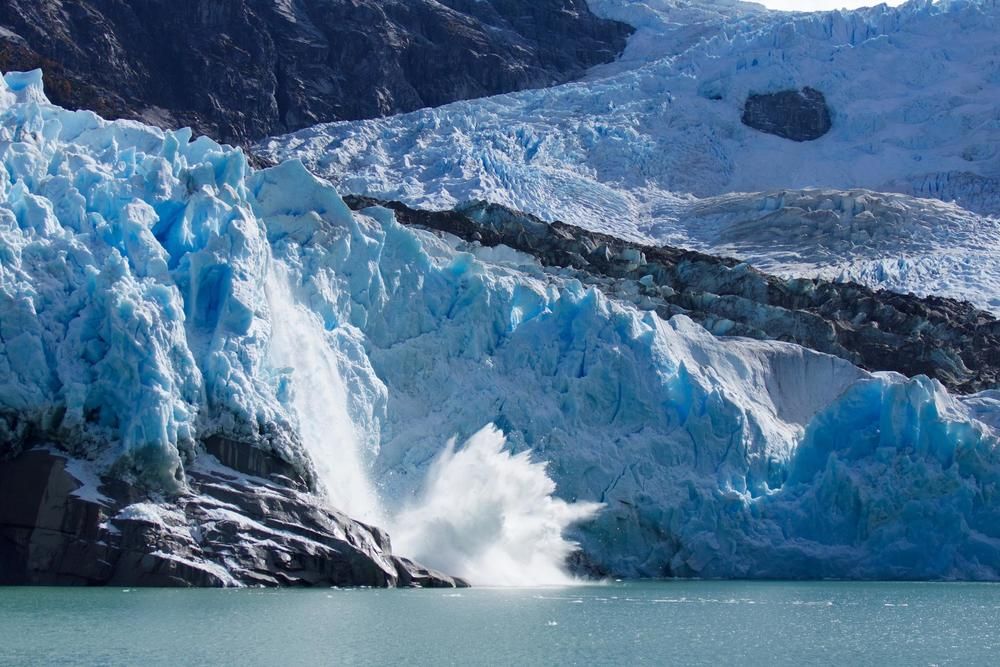
Image: Pura Eventura
Experts have shown concern over this process as it can release trapped mercury (Hg) into the environment. The authors have reported that climate-sensitive mercury in the glaciers is not yet considered in the current global Hg budgets and Hg management strategies. This has called for an urgent need to assess the human and economic implications of such accelerated mercury exposure.
Also Read: New Study Suggests Glaciers Are Melting at a Faster Rate than Expected
Jon Hawkings, a postdoctoral researcher at Florida State University and the German Research Centre for Geosciences, said:
All the efforts to manage mercury thus far have come from the idea that the increasing concentrations we have been seeing across the Earth system come primarily from direct anthropogenic activity, like industry. But mercury coming from climatically sensitive environments like glaciers could be a source that is much more difficult to manage.
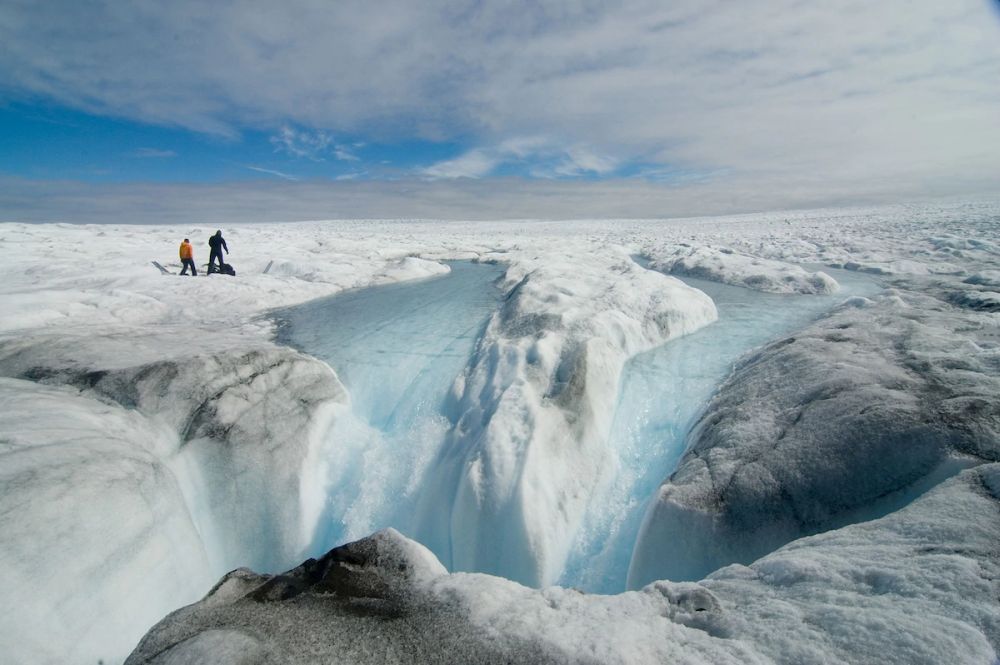
Image: Ginny Catania/National Geographic
Water pollution caused by melting glaciers can increase significantly as the Earth continues to heat up and reports of accelerating glaciers meltdown across the world. This exposes high mercury concentrations in glacial water bodies like Greenland’s coastal waters. This water supports a rich marine ecosystem, that is a primary food source for the island’s indigenous communities.
It is unclear how much mercury is actually getting into the food chain. Some mercury content falls at the bottom or gets trapped in marine sediments. But there is evidence from other parts of the world where mercury pollution has accumulated in fish – exposing health risks for humans that eat them.
The findings have added weight to the growing discussion and dismissed the conception that glaciers have little or no impact on Earth’s geochemical processes.
Via: Science Alert
